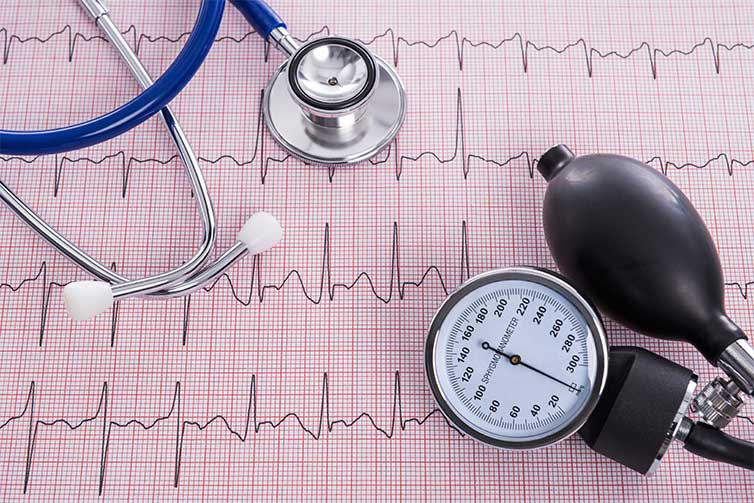Request a callback
Contact us
Get Direction
Zehra Manzil, G-3, 91, Lady Jamshedji Rd, near Paradise cinema, Mahim West, Mumbai, Maharashtra 400016

What is an ECG Test or EKG Test?
An electrocardiogram (ECG) is a basic test that can be utilized to really look at your heart’s beat and electrical movement. Sensors joined to the skin are utilized to distinguish the electrical signs delivered by your heart each time it beats. These signs are recorded by a machine and are looked at by a specialist to check whether they are unusual. An ECG test might be advised by a cardiologist or any specialist who figures you may have a problem with your heart, including your general physician. In spite of having a comparable name, an ECG test isn’t equivalent to an echocardiogram, which is a scan of the heart.
When is an ECG Test or EKG Test required?
An ECG test is frequently used along with different tests to help analyze and screen conditions influencing the heart. It may very well be used to examine signs of a potential heart issue, for example, chest torment, palpitations (abruptly observable pulses), dizziness and breathing issues.
An ECG Test can help distinguish:
- Arrhythmias – where the heart beats too slowly, excessively fast, or unpredictably.
- Coronary illness – where the heart’s blood supply is obstructed or hindered by the development of fatty substances.
- Cardiovascular failures – where the inventory of blood to the heart is unexpectedly obstructed.
- Cardiomyopathy – where the heart walls become thickened or expanded.
How is the ECG test conducted?
The ECG test is directed by putting terminals on the patient’s arms, legs, and chest. A gel is applied on where the terminals must be associated. Frequently, male patients who take an ECG test need to move their chest shaved out into the open before the terminals are put in there in request to get an exact recording of heart action. The method is non-obtrusive.
There are 3 types of ECG tests:
- A resting ECG
- A stress or exercise ECG
- An ambulatory ECG


